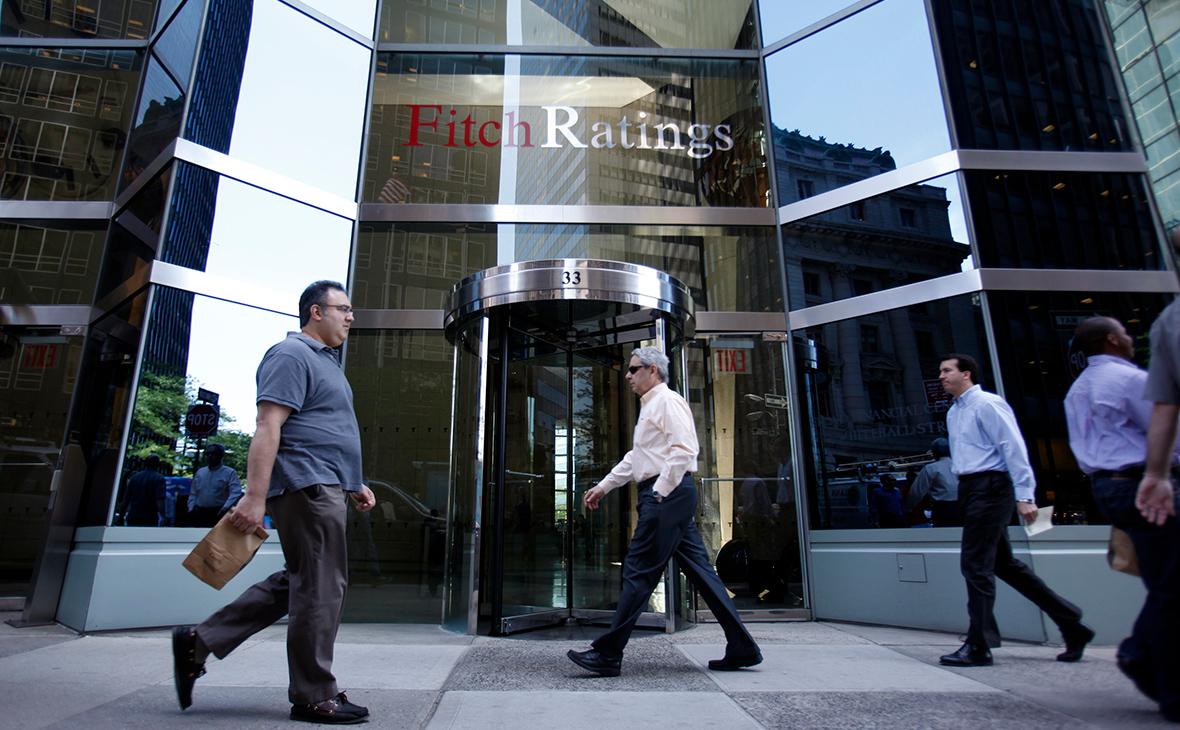On Tuesday, 2 July, Fitch Ratings confidently upgraded the long-term rating of two Cypriot banks.
In particular, the long-term issuer default rating of Bank of Cyprus rose to BB+ from BB with a positive outlook. The upgrade is due to a number of factors, including the improved operating environment in the country, the bank's strong capitalisation and the continuous improvement in the quality of its assets.
The positive outlook means that the country's main bank will undoubtedly be upgraded in the next two years, especially if asset quality and capitalisation continue to improve. Bank of Cyprus has made significant progress, with the rating agency noting that the bank has strengthened its capitalisation, reduced its stock of older problem assets (including non-performing loans and foreclosed properties), improved its profitability and built a strong deposit franchise. Fitch Ratings has confirmed that Bank of Cyprus' new rating reflects its unquestionable competitive position as the largest Cypriot bank, as well as its continued progress in deleveraging its troubled asset segment.
Fitch Ratings is confident that Bank of Cyprus' asset quality will continue to improve, supported by two key factors: the bank's ability to dispose of obsolete problem assets, and a more favourable economic environment in Cyprus. Finally, the agency is certain that there will be no significant inflow of new NPEs from loans previously subject to the moratorium, as results to date have been positive and better than expected.

In a further positive move, Fitch has upgraded Hellenic Bank's long-term rating to 'BB+' from 'BBB-' with a stable outlook, and its VR from 'bbb-' to 'bb+'.
The positive outlook reflects our expectation of the bank's improving asset quality, reduced stock of bad loans, structural growth in profitability and strong deposit base.
The agency stated that Hellenic Bank's new rating reflects its strong competitive position as the second largest bank in the small Cypriot market, supporting its business prospects, stable deposit funding and strong liquidity. Regarding the bank's NPE and problem asset ratios, Fitch confirmed that while they remain high by international standards, these ratios have nevertheless improved significantly year-on-year.
